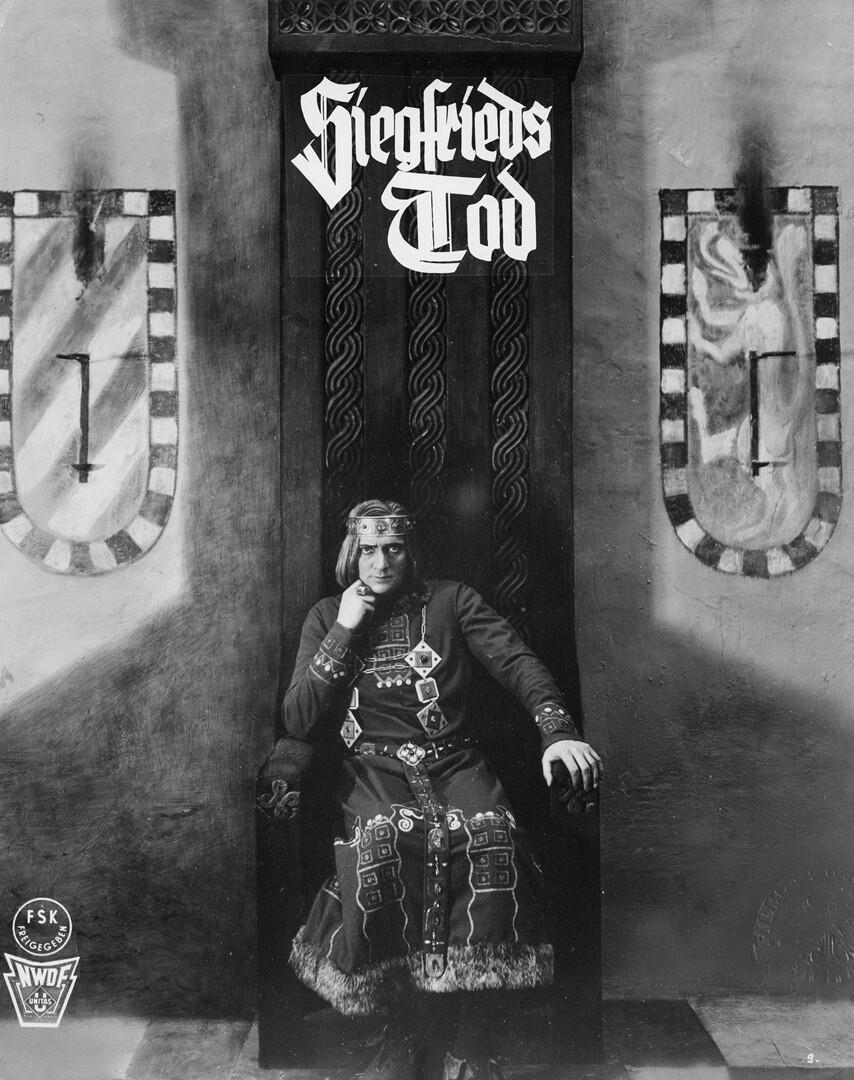‘Swords and Gears: A Study of Fantasy Literature and its evolution within the Internationale’
by Doctor Judith Fairfax, Magdalen College
Collected in the book Essays on Popular Fiction since the Revolutions (New York, 2011)
When it comes to popular fiction within the Internationale in general - and in North America and Britain in particular- speculative fiction has always enjoyed a strong position. Science-fiction, in particular that of a more optimistic type showing better futures made possible by scientific advancements and the brotherhood of humanity, has themes that strongly resonate within the Syndicalist world. As to horror, it is of course a universal genre that works wherever in the world one is.
Fantasy, however, was something that some thought initially might not fit in with the new trends as seen in Syndicalist writing. While this might seem an unusual opinion - especially given the popularity of superhero works such as Superman and Wonder Woman, both of which effectively brought fantastical and mythological tropes into play for the modern age - there was a reason for this, and it lies in the nature of fantasy as a genre. When we look at early pioneers of fantasy, for example pre-Civil War Howard, Tolkien or Lewis, we note the more primitive eras and aesthetics at play, and we in certain works we note the assumption of monarchy as a natural order, at least from the point of view of the protagonists. This, of course, would be antithetical to a dedicated Syndicalist, and would be unpopular to say the least.
This fact, and the corresponding fact that a writer would begin from a point of view of monarchy as a system with severe flaws, ultimately is why fantasy writing developed as it did among Internationale writers: namely, with the establishment of sword-and-sorcery stories as the dominant form of fantasy. Primarily focused as this genre is on individual characters and their exploits rather than wider scope politics, such stories remain universal in their appeal: while one might not enjoy a story about the return of a perfect, ‘rightful’ king to claim an ancient throne and automatically set things right, the reader can enjoy an imperfect barbarian swordsman or swordswoman fighting to stay alive in a world that, while decidedly imperfect, is recognised as such and is all he or she knows.
Moreover, as time went on, the focus on character-driven works would lead to the gradual growth of more subversive protagonists, shown rebelling against or resisting corrupt institutions. This process had begun with pre-Civil War Conan the Barbarian stories, which had as a central theme the decay and corruption of once-powerful empires and kingdoms prior to their eventual conquest. It would be gradually magnified in later stories, stories in which corrupt nobles and priests would become ever-more prominent as Conan’s enemies. This trend would be seen in later works in the genre: Clark Ashton Smith’s Hyperborean stories of the master-thief Satampra Zeiros featured his targeting corrupt priests and nobility for his thefts, as seen in particular in ‘The Theft of the Thirty-Nine Girdles’ which details the corruption of the setting’s priesthood; Anne Donovan’s
Tales of Tiana feature the titular swordswoman protecting the poor of her world from rapacious nobles and often taking it upon herself to teach said nobles ‘lessons’ ranging from deadly, as in 1952’s ‘The Serpent Rider’ to merely embarrassing, such as the fate of Lady Hayla in ‘The Crimson Moon Waxes’ of the following year.
..
...by contrast, there has only been one truly stand-out example of ‘heroic fantasy’ as some have termed it in the Internationale. This is, of course, the
Renewal Cycle by Ursula LeGuin. It has been long considered a ‘Syndicalist rebuttal’ to the imitators of Tolkien who were popular in Australasia and Russia during the 1970s. Focused as it is around the wizard Hawke and the shieldmaiden Kyra’s resistance to Valtor, an evil man armed with mythical weapons and claiming he is the prophesied king of the land of Tenar, and ending with a peasant rebellion that puts and end to the age of kings, one can see why...


